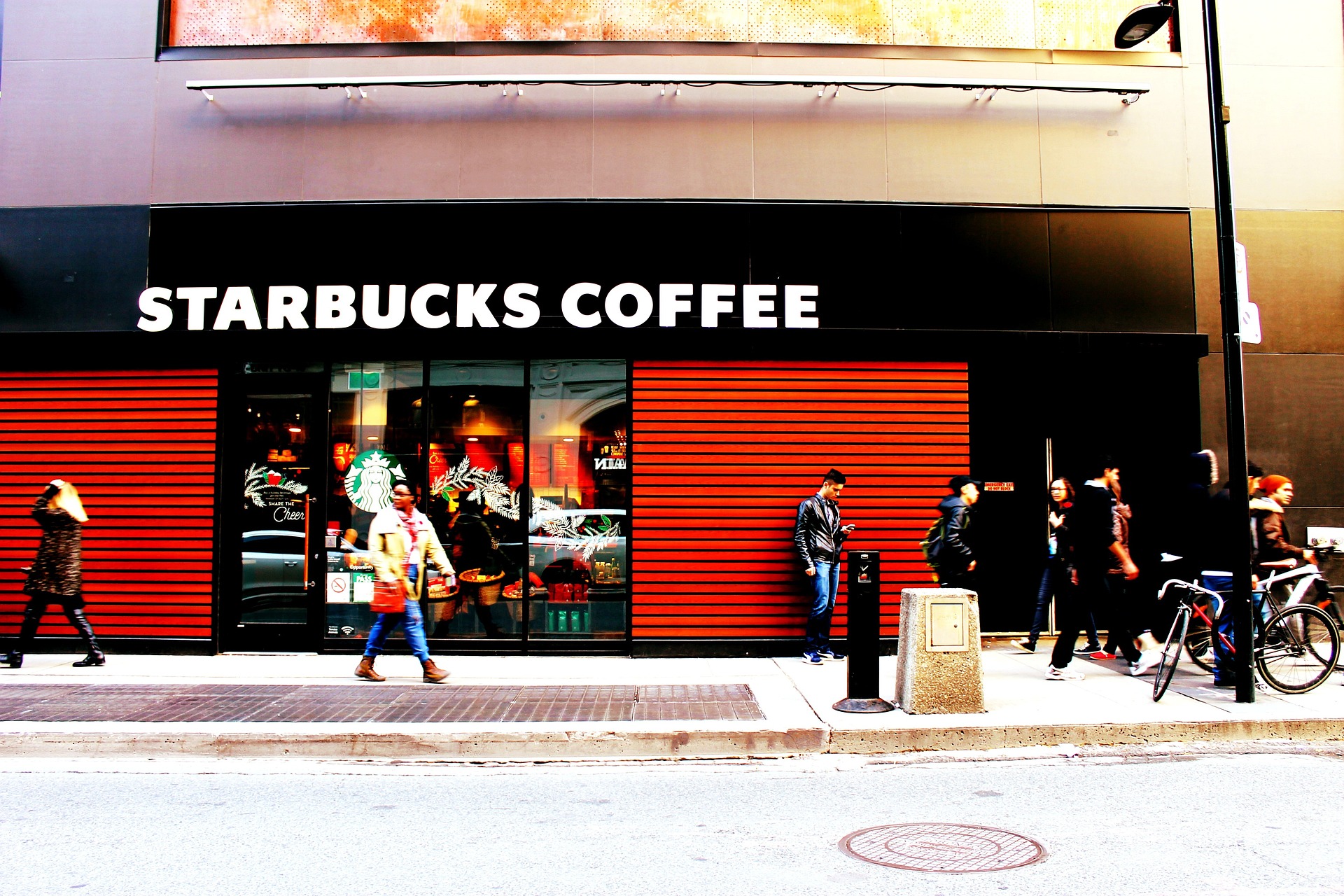In December of 2022, thousands of Starbucks union organizers joined together in protesting hundreds of labor violations committed by Starbucks, including the purposeful silencing of workers involved in these efforts. This took the form of a three-day-long strike, and was the second strike organized within a month-long period by Starbucks Workers United. The first protest took place in mid-November on Red Cup Day, as union workers pointed out the intrinsic contradictions in Starbucks’ philosophy. The corporation prides itself on sustainability and inclusivity, yet actively squashes workers’ attempts at collective bargaining.
As Starbucks baristas coordinated and implemented labor strikes, other organizations experienced a similarly staggering wave of strikes among their unions. On Dec. 28, 2022 in the United Kingdom, it was announced that Trades Union Congress strikes could continue into 2023, as the UK government had made no strides toward fair wages. Additionally, the United States narrowly missed what would have been a catastrophic railroad strike in November 2022. Hundreds of American universities and primary education institutions are experiencing mass strikes by their employees as well.
All of these strikes seem to center around two common demands: fair wages and safe working conditions. It seems as though employers should be more than happy to pay and protect their workers. After all, without sufficient staffing, no business or organization can remain standing. Yet, the overwhelming display of protest by these unions shows that the simple criteria of safety and fair pay are too hard for employers to meet of their own accord. This is where the influence of unions comes into play.
The Importance and Impact of Unions
It is resoundingly clear that these strikes are not isolated, and do not lack impact in some form. The likelihood that employers for major organizations will pay out fair wages and ensure worker safety at the same time is relatively low. This is why the importance of unions cannot be overstated.
Unions, at their core, typically serve the purpose of advocating for fair wages and safe work environments. Historically, the roles unions play in employment have been significant. Workers’ rights were a point of contention in the 1800s for most poor manual laborers, but especially for women, Chinese railroad workers, and other marginalized employees. The National Labor Union, created in 1866, formed due to various laborers speaking up regarding the unfair working conditions they were subjected to. Labor unions slowly began to include coverage and support for all races and genders over time, and eventually united over 21 million laborers and advocates across multiple union organizations.
It is because of the developments and the efforts of workers during the 19th and 20th centuries that so much progress has been made. Nevertheless, there is still much to be done, as demonstrated by the persistent protests worldwide.
Is There a Labor Shortage?
While these ongoing strikes are making headlines weekly, employers are claiming that a labor shortage is upon us. To hiring managers, it seems as though no one wants to work anymore. Many claim that this is due to laziness or younger generations claiming they shouldn’t have to work, and therefore refusing to. However, if employers listened to the voices of job-seekers, it would become abundantly clear that the main reason employers are unable to find willing workers is the abysmally low wages they offer.
It may be insightful to consider a specific example in this scenario. The food and service industries experience incredibly high turnover rates, and this can be blamed directly on safety and pay. In the United States, the minimum hourly wage for servers is as low as $2.13 an hour in many states. Employers are not responsible for ensuring any wages beyond this if tips bring the server to the federal minimum wage of $7.25 an hour. A common argument presented when this is mentioned is that food service is considered by many to be unskilled labor. This does not justify paying someone $7.25 an hour to serve food, buss tables, cater to guests, come in early, stay late, and endure the various dangers involved in daily serving routines.
This becomes even more inhumane when considering the fact that the average price of rent in America is over $1,300. In other words, someone making minimum wage would have to work 180 hours a month, or 45 hours a week, just to afford their rent if we exclude deductions for taxes. This entirely excludes any other bills and necessary expenses. The supposed labor shortage is not the issue. The shortage of employers willing to pay fair wages and provide safe working conditions is.
How Can We Make Efforts to Support Unions?
Unions are necessary to ensure fair pay and safe working conditions for employees. Advocating more strongly for unions and their efforts dismantles and dissolves the alleged labor shortage, as it addresses the two contributing factors for this shortage.
There are abundant measures that can be taken in order to support unions both locally and nationally. Encouraging local businesses to unionize, or supporting them in their protests can be a fantastic way to aid them in their fight for equitable labor standards. Furthermore, if you belong to a company that implements unfair labor practices, working toward unionizing your store location builds membership among union chains and encourages other locations to join the effort. Researching local unions, union rights and the purposes and benefits of unions in order to spread awareness helps as well.
The Starbucks union is just one among many groups that highlight the work to be done in ensuring safe and fair working conditions. Supporting the efforts made by unions and those considering starting a union is non-negotiable for those who believe in supporting marginalized and disadvantaged individuals. Without unions, the voices of laborers remain unheard. The efforts made by those who belong to the Starbucks union to protest these unfair workplace environments is admirable, and in the long run they will contribute to the greater cause of ensuring that employees are treated as human beings first.

















